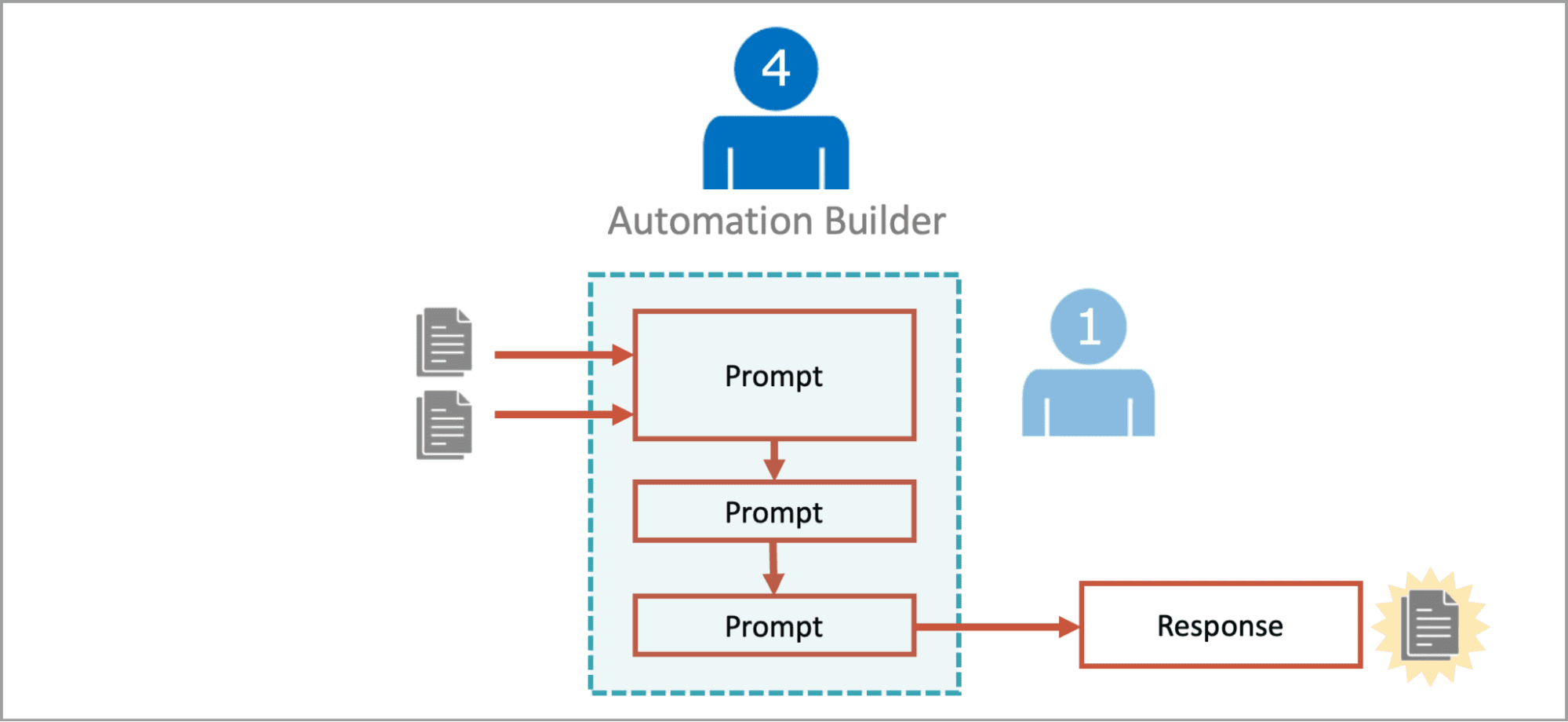The Demand for .NET Developers in the Global Market

Introduction
In the rapidly evolving landscape of technology, the demand for .NET developers has surged significantly, reflecting the growing importance of this versatile framework in modern software development. As businesses increasingly adopt digital transformation strategies, the role of .NET developers has become pivotal in creating robust, scalable, and secure applications. This article delves into the various factors driving the demand for .NET developers, the skills required to excel in this field, and the future prospects for professionals in the global market.
Before we dive into the details, it's essential to understand the foundational aspects of .NET development. For those interested in becoming a net solution architect, gaining a comprehensive understanding of the .NET framework is crucial. Additionally, aspiring developers can benefit from .net core certification free resources to build a strong foundation in this technology.
Understanding the .NET Framework
What is .NET?
.NET is a free, cross-platform, open-source developer platform for building a variety of applications. Created by Microsoft, it supports multiple programming languages, including C#, F#, and Visual Basic. The framework provides a comprehensive programming environment that enables developers to create a wide range of applications, from web and mobile to desktop and cloud-based solutions.
Key Components of .NET
The .NET framework comprises several key components that facilitate efficient application development:
-
Common Language Runtime (CLR): The CLR is the execution engine that manages code execution, memory management, and other system services. It ensures that applications run smoothly across different platforms.
-
.NET Libraries: These are pre-written code libraries that provide common functionality, such as data access, user interface elements, and web services. Developers can leverage these libraries to accelerate the development process.
-
ASP.NET: A subset of the .NET framework, ASP.NET is used for building dynamic web applications and services. It supports various programming models, including Web Forms, MVC, and Web API.
-
Entity Framework: This is an object-relational mapper (ORM) that enables developers to work with databases using .NET objects. It simplifies data access and management, making it easier to build data-driven applications.
The Demand for .NET Developers in the Global Market
Factors Driving the Demand
Several factors contribute to the increasing demand for .NET developers in the global market:
-
Digital Transformation: As organizations undergo digital transformation, there is a growing need for skilled developers who can build and maintain robust applications. .NET developers play a crucial role in this process, as they possess the expertise to create scalable and secure solutions.
-
Cloud Computing: The rise of cloud computing has led to an increased demand for .NET developers who can build and deploy cloud-based applications. The .NET framework's compatibility with popular cloud platforms, such as Microsoft Azure, makes it an ideal choice for developing cloud solutions.
-
Enterprise Applications: Many enterprises rely on .NET for developing large-scale, mission-critical applications. The framework's ability to handle complex business logic and integrate with various systems makes it a preferred choice for enterprise-level development.
-
Cross-Platform Development: With the introduction of .NET Core, developers can now build cross-platform applications that run on Windows, Linux, and macOS. This flexibility has expanded the scope of .NET development, driving demand for skilled professionals.
Skills Required for .NET Developers
To meet the growing demand, .NET developers must possess a diverse set of skills:
-
Programming Languages: Proficiency in C# is essential, as it is the primary language used in .NET development. Familiarity with other languages, such as F# and Visual Basic, can also be beneficial.
-
Framework Knowledge: A deep understanding of the .NET framework, including ASP.NET, Entity Framework, and .NET Core, is crucial for building efficient and scalable applications.
-
Database Management: Knowledge of database management systems, such as SQL Server, and experience with ORM tools like Entity Framework are essential for developing data-driven applications.
-
Cloud Services: Familiarity with cloud platforms, particularly Microsoft Azure, is increasingly important as more applications move to the cloud.
-
Soft Skills: Effective communication, problem-solving, and teamwork are vital for collaborating with other developers, designers, and stakeholders.
The Role of .NET Developers in Modern Software Development
Building Scalable Web Applications
.NET developers are instrumental in creating scalable web applications that can handle high traffic and complex business logic. Using ASP.NET, they can build dynamic, data-driven websites and web services that meet the needs of modern businesses.
Developing Enterprise Solutions
In the enterprise realm, .NET developers are responsible for designing and implementing large-scale applications that support critical business processes. These solutions often require integration with existing systems, robust security measures, and the ability to handle complex data operations.
Creating Cross-Platform Applications
With .NET Core, developers can build applications that run on multiple platforms, including Windows, Linux, and macOS. This cross-platform capability enables organizations to reach a broader audience and deploy applications in diverse environments.
The Future of .NET Development
Emerging Trends
Several emerging trends are shaping the future of .NET development:
-
Artificial Intelligence and Machine Learning: The integration of AI and ML in .NET applications is becoming more prevalent. Developers are leveraging these technologies to build intelligent, data-driven solutions that can automate tasks and provide insights.
-
Microservices Architecture: The adoption of microservices architecture allows developers to build modular, scalable applications that can be deployed independently. This approach enhances flexibility and improves the maintainability of large-scale systems.
-
DevOps Practices: The integration of DevOps practices in .NET development is streamlining the software delivery process. Automated testing, continuous integration, and continuous deployment (CI/CD) pipelines are becoming essential for ensuring high-quality, rapid application delivery.
Career Opportunities for .NET Developers
The demand for .NET developers in the global market presents numerous career opportunities. Professionals in this field can pursue various roles, including:
-
Software Developer: Focusing on building and maintaining applications using the .NET framework.
-
Solution Architect: Designing and implementing complex software solutions that meet business requirements.
-
Cloud Engineer: Specializing in the deployment and management of cloud-based .NET applications.
-
DevOps Engineer: Ensuring the smooth integration and deployment of .NET applications through automated pipelines.
-
Consultant: Providing expert advice and guidance to organizations on .NET development best practices.
Conclusion
The demand for .NET developers in the global market is driven by the need for robust, scalable, and secure applications that support digital transformation and enterprise solutions. As the technology landscape continues to evolve, the role of .NET developers will remain crucial in building innovative, data-driven solutions. By staying updated with the latest trends and acquiring the necessary skills, professionals in this field can capitalize on the numerous career opportunities available in the global market. The demand for .NET developers in the global market is a testament to the framework's versatility and the growing importance of skilled professionals in modern software development.
Frequently Asked Questions
What are the benefits of using the .NET framework?
The .NET framework offers several benefits, including cross-platform compatibility, a comprehensive set of libraries, robust security features, and seamless integration with other Microsoft technologies. These advantages make it a popular choice for developing a wide range of applications.
How does .NET Core differ from the traditional .NET framework?
.NET Core is a cross-platform, open-source version of the .NET framework. Unlike the traditional .NET framework, which is primarily Windows-based, .NET Core allows developers to build applications that run on Windows, Linux, and macOS. This flexibility enables broader deployment options and supports modern development practices.
What are some popular tools and technologies used in .NET development?
Popular tools and technologies used in .NET development include Visual Studio, an integrated development environment (IDE) that provides a comprehensive set of features for coding, debugging, and testing. Other tools include Azure DevOps for CI/CD pipelines, Entity Framework for database management, and ASP.NET for web application development.
How can I become a certified .NET developer?
To become a certified .NET developer, you can pursue various certification programs offered by Microsoft. These certifications validate your skills and knowledge in .NET development and can enhance your career prospects. Additionally, online courses and training programs can help you gain the necessary expertise.
What are some common challenges faced by .NET developers?
.NET developers may face challenges such as ensuring application security, managing complex business logic, and integrating with legacy systems. Additionally, staying updated with the latest technologies and best practices can be demanding, but it is essential for delivering high-quality solutions.
How does .NET support microservices architecture?
.NET supports microservices architecture by providing tools and frameworks that enable the development of modular, independently deployable services. Using ASP.NET Core, developers can create lightweight, scalable microservices that communicate through APIs, enhancing the flexibility and maintainability of large-scale applications.
What role does DevOps play in .NET development?
DevOps plays a crucial role in .NET development by streamlining the software delivery process. Through automated testing, continuous integration, and continuous deployment (CI/CD) pipelines, DevOps practices ensure that .NET applications are delivered quickly and reliably, with minimal manual intervention.
How can .NET developers leverage AI and ML in their applications?
.NET developers can leverage AI and ML by integrating pre-built models and libraries, such as ML.NET, into their applications. These tools enable the development of intelligent, data-driven solutions that can automate tasks, provide insights, and enhance user experiences.
What are some best practices for .NET development?
Best practices for .NET development include following the SOLID principles for object-oriented design, writing clean and maintainable code, implementing robust security measures, and leveraging automated testing to ensure application quality. Additionally, staying updated with the latest technologies and trends is essential for delivering innovative solutions.
How can I stay updated with the latest trends in .NET development?
To stay updated with the latest trends in .NET development, you can follow industry blogs, attend conferences and webinars, and participate in online communities and forums. Additionally, Microsoft's official documentation and resources provide valuable insights into new features and best practices in .NET development.
























































































































































